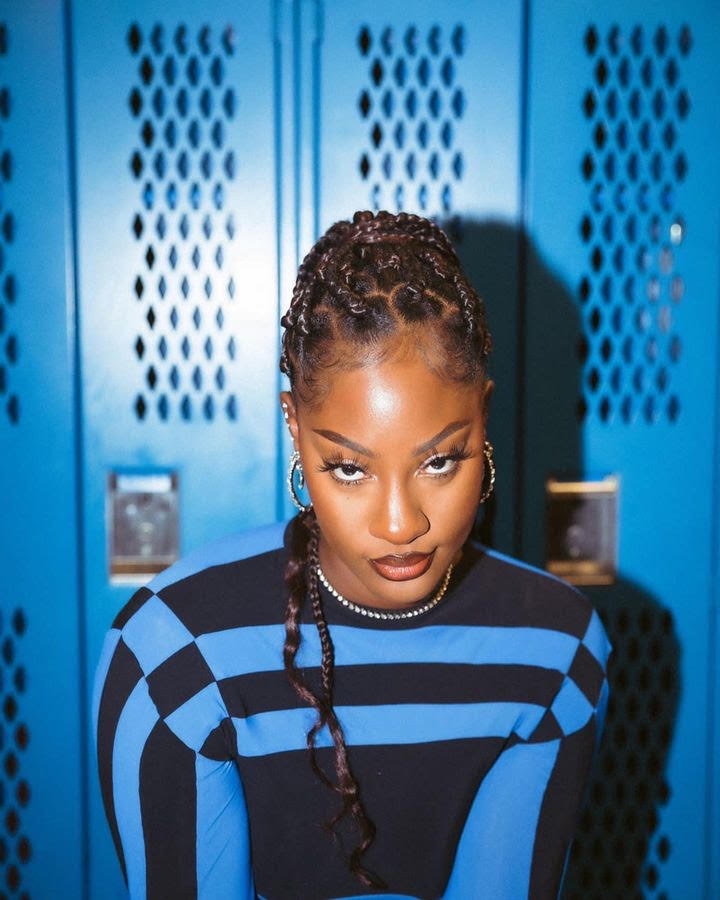Rarely does an accounting issue move markets and surprise people throughout the music business. But that’s what happened Monday when Hipgnosis Songs Fund, the publicly traded investment trust backed by the catalogs of such artists as Neil Young and Red Hot Chili Peppers, announced it will cancel a planned quarterly dividend payment to shareholders.
According to Hipgnosis Songs Fund’s board of directors, the decision was the result of the company’s independent valuation expert, Citrin Cooperman, reducing its expectations of “industry-wide” retroactive payments from the Copyright Royalty Board’s Phonorecords III (a.k.a. CRB III) ruling that increased the royalties music publishers receive from on-demand music streaming services for the years 2018 to 2022. Billboard estimated that the music industry would gain over $250 million in total, and another industry expert recently told Billboard they estimated the industry-wide retroactive payment will approach $400 million.
Hipgnosis’ adjustment was substantial: down roughly 54% from $21.7 million to $9.9 million. Meanwhile, Billboard continues to stand by its previous estimate and no other publishers or rights funds that spoke for this story have had to decrease their projections.
“Frankly, I’m shocked… I really do not understand this,” says one music publishing executive.
Multiple sources say there have been no new updates regarding CRB III in recent weeks that would cause a publisher to cut their expectations for accruals by more than half, and it must be an accounting error unique to Hipgnosis and Citrin Cooperman. “None of the data points have changed,” explains another publishing executive. “The ruling is what it is, so they must’ve made a mistake here.” Citrin Cooperman did not respond to Billboard’s request for comment.
The fallout Monday was immediate: With the sudden change in expected retroactive royalties, Hipgnosis Songs Fund was forced to cancel a dividend payment to not risk violating the debt covenants for its $700 million revolving credit facility. That dividend — 1.3125 pence per ordinary share — was announced on Sept. 21 and was to have a payment date of Oct. 27. The company’s share price dropped 10% on Monday’s news. Dividends are an integral component to the fund’s strategy of providing investors with stable returns from proven, successful music catalogs. Since its initial public offering in July 2018 through March, Hipgnosis Songs Fund had declared dividends of 21.6 pence per share, according to the latest annual report.
While the retroactive CRB III payments would be less than Hipgnosis Songs Fund expected and impacted a dividend payment this quarter, the resulting cash crunch likely won’t happen until 2024. Streaming royalties due for the period 2018 to 2020 will be paid directly to rights holders, with everything after that flowing through the Music Licensing Collective with a Feb. 9, 2024, deadline. Most of the adjustment will come from the 2021-2022 royalties owed to the MLC, according to sources. Considering the time it will take the MLC process the distributions, publishers probably won’t receive this tranche of royalties until the spring 2024.
In August, the Copyright Royalty Board stated its final determination for how songwriters and publishers would be paid for the period of 2018-2022. These rates were hotly contested between the music business and streaming services over the past six years. Though rates were nearly finalized in 2018, some streamers remanded it back to the CRB in 2019 in hopes of getting more favorable terms. In the meantime, the streaming services paid songwriters and publishers under the guidelines set by the previous period, Phonorecords II, which was lower than what was ultimately set for 2018-2022.
Ever since, the music business has been preparing for when the 2018-2022 rates would finally be settled, and streaming services would have to undergo a massive recalibration of what they had previously paid out. When the judges released their final determination in mid-August, it proved that these streaming rates overall would lead to more money for publishers and songwriters.
Other publicly traded publishing companies have also announced the amounts of their expected adjustments ahead of receiving the money. Universal Music Group-owned Universal Music Publishing Group, one of the world’s largest music publishers, expects to book a catch-up adjustment of nearly 30 million euros in the third quarter of 2023 related to CRB III, UMG said in its July 26 earnings call. Warner Music Group, which often ranks as the third largest publisher, according to Billboard’s Publishers Quarterly, recognized a benefit of $20 million — less than the amount of Hipgnosis Songs Fund’s initial estimate — in the quarter ended Sept. 30, 2022, resulting from the CRB’s ruling July 1, 2022, ruling.
Reservoir Media accrued less than $3 million in royalties in the third and fourth quarters of calendar 2022 related to the CRB III decision, says CEO Golnar Khosrowshahi. Reservoir Media doesn’t expect to adjust the size of the CRB III adjustment. “We continue to believe our estimates are accurate,” says Khosrowshahi. “We’ve applied an appropriate level of conservatism in recording that revenue.”
The amount of the expected windfall appears to have received a great deal of consideration inside Hipgnosis Songs Fund. According to Hipgnosis Songs Fund’s latest annual report, the company compared the Phonorecords III accrual estimates to estimates provided by the independent valuer — Citron Cooperman — as well as the fair-value appraiser for the City National Bank-led revolving credit facility. The 182-page report mentions the term “CRB III” 49 times and includes lengthy discussions of the company’s regulatory environment and how the CRB III determination raised the headline royalty rate due to music publishers by 44% from 10.5% to 15.1%.
CRB III will give publishers less than a 44% rate increase, though. The amount owed to music publishers is a complicated formula that includes minimum per-subscriber fees and percentage-of-revenue calculations. Publishers typically received above the headline rate from streaming services from 2018 to 2022, meaning extra amounts owed retroactively will be less than they would otherwise. Sources tell Billboard the effective rate for some streaming services was in the range of 12% to 13% of service revenue rather than 10.5%.
Hipgnosis did not respond to Billboard’s request for comment.



